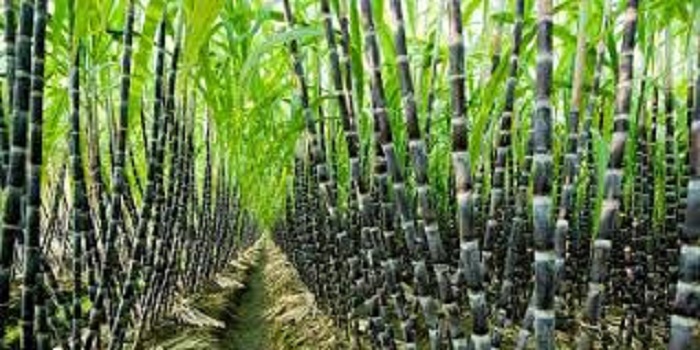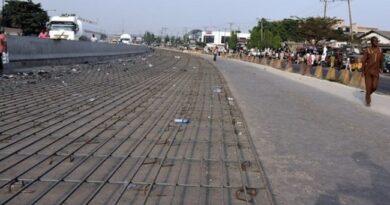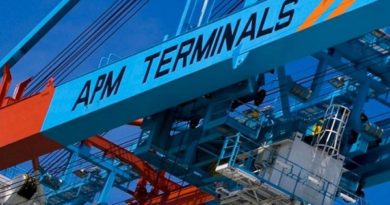Can Agriculture Replace Oil?
As oil prices continue to go down, the debate on other alternatives sources for Government revenue has ensued. State governments have to think within the available law of there best option for increased revenue generation.
In finding solutions, many have continued to shout “agriculture” as the saviour, but what people have not asked is “ can agriculture replace crude oil ”? The way the petroleum industry is structured is not the same way the agricultural industry in Nigeria is structured. This makes it impossible to use agriculture to replace crude oil as the main source of revenue at the moment.
These are some of the reasons to note;
1. Enabling laws to tax agriculture: while there has been a law for the Petroleum industry that coordinates and guide the activities within the sector in Nigeria, it is not the same with the agricultural sector.
The law creates the NNPC as both the regulator and player on behalf of the Country as well as the body responsible for issuing licenses, trading and collecting all the revenues accrued to the country from the oil deals. This same law is not available within the agricultural sector in Nigeria.
Nigerian agriculture is still seen as the development sector for most rural communities in the country. As it is, there are no enabling laws that can guarantee revenue generation from the sector similar to what we have in the oil sector.

Often times Government investment in the agricultural sector is not seen as an investment that has a revenue side to it, it is mostly seen as an intervention. And that is why these investments have not been consistent and progressive over time.
The constitution has agriculture on the concurrent list with both the state and Federal government with responsibility. This has made it possible for the Federal governments to own major infrastructural assets within the sector like Dams, irrigation lands among others. It has also made it impossible for the states to invest heavily in creating major projects that can greatly impact the sector, such as constructing dams and modern irrigation schemes that can have a huge impact due to lack of sufficient funds, instead of states prefer the easy way out which is to buy fertilizers, tractors etc.
2. Enabling regulations within the oil sector: while the oil sector has a regulator like the NPPC, the Nigerian agricultural sector is unregulated. It is not possible to make agriculture a business without regulations.
It is the lack of such regulations that have led to a series of clashes between crop farmers and herders who continue to battle over grazing fields and farmlands. In developed countries, there are regulations around grazing cattle and cropping with expected outcomes and penalties.
There is also no regulation around agricultural logistics and handling. The way food and animals are being conveyed from the farms to the markets need to be checked and regulated as it is being done in developed countries with standards for packaging, transporting and handling.
An important component of this regulation is in ensuring standard means of measurement. Without a standard means of measurement, it is not possible to determine accurately the weight of commodities and volume of trade.
It is also impossible to accurately estimate what a state is producing and what they trade. Using other means of measurements like bags, mudus or random estimation in most markets promotes unethical practices on the part of the buyer, seller and the government who needs revenue.
The Agricultural Commodities market that is well organized, well structured, well regulated with trading and reporting rules, as well as modern infrastructure that eases transportation, handling and enhances security is key for the government to earn her revenue.
This is where the government need to have a rethink and reform the sector for proper revenue generation. As it stands even if a state trades 1 million metric tons of grains, there is absolutely no way to know and as long as the revenues are not tied to the metric ton, then they continue to lose.
Therefore, it is important to entire market rules around weight and measures using the metric system and metric measurement tools.
3. Investment in enabling infrastructure: for agriculture to be a major revenue earner, the government must invest massively in infrastructure that enables it to function. These infrastructures include access roads to and fro farms and markets, market infrastructure for each commodity such as grains and livestock markets as well as parking houses for fresh fruits and vegetables, modern irrigation schemes that support commercial agriculture with dams and water canals covering large hectares of land, etc.
It is only when citizens see government investments in these areas that they will be convinced to pay taxes on their farm produce to the government. As it stands, demanding revenues from poor farmers who go through lots of hell to produce food and take to the market to sell, will be a herculean task.
Other initiatives I believe should include creating incentives that enable commercial farms operate as business entities instead of what we currently have that is mostly informal. Once farms operate as business entities, then it will be easier for the government to track PAYE tax and other relevant taxes as well as monitor employments, extending support directly to the sector.
This will make it possible for the government to properly track performance and know which farm is in production or not, or know what they are producing, the number of hectares cultivated, quantity harvested, etc. It will be easier for the government to extend relief in terms of crises, disasters, emergencies, etc.
In conclusion, I believe that agriculture can replace oil, but it will not be as easy as we think. It will take consistent effort for at least the next 10 years non-stop to get there.
The government must come up with innovative ways to tax the sector and generate revenues while at the same time creating a win-win situation for all parties.
Therefore, this is the right time for us to start working, now that oil is down and we are in desperate need of a solution.
Zanau Hassan Maikasuwa wrote from Bauchi State




